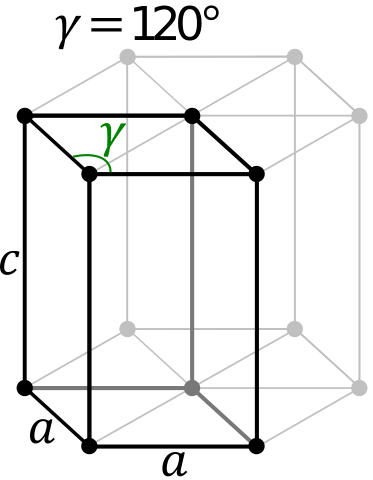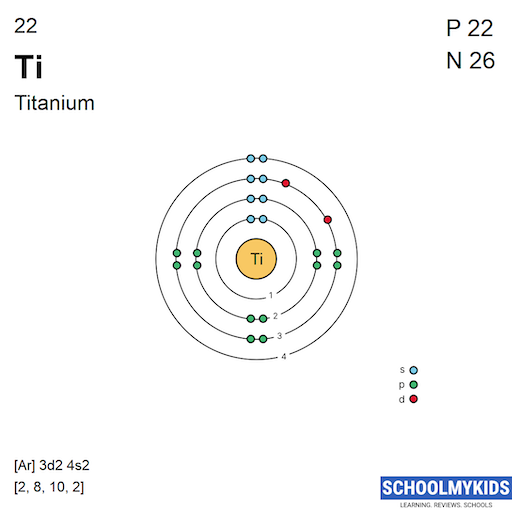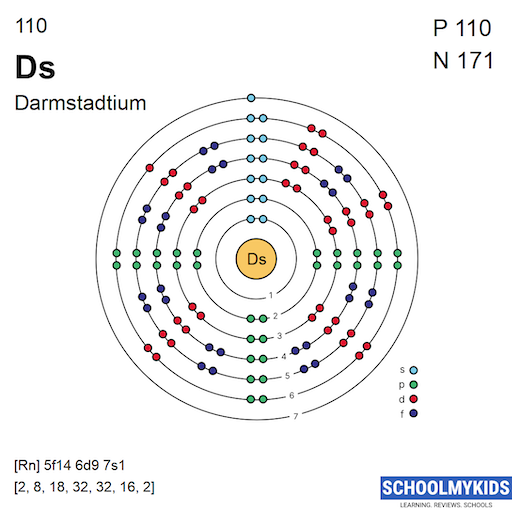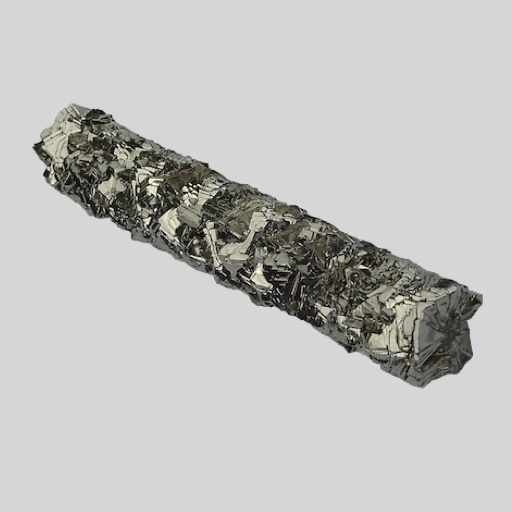Periodic Table Element Comparison: Compare Elements - Titanium vs Darmstadtium
Compare Titanium and Darmstadtium on the basis of their properties, attributes and periodic table facts. Compare elements on more than 90 properties. All the elements of similar categories show a lot of similarities and differences in their chemical, atomic, physical properties and uses. These similarities and dissimilarities should be known while we study periodic table elements. You can study the detailed comparison between Titanium vs Darmstadtium with most reliable information about their properties, attributes, facts, uses etc. You can compare Ti vs Ds on more than 90 properties like electronegativity , oxidation state, atomic shells, orbital structure, Electronaffinity, physical states, electrical conductivity and many more. Titanium and Darmstadtium comparison table on more than 90 properties.
Titanium and Darmstadtium Comparison
Facts
| Name | Titanium | Darmstadtium |
|---|---|---|
| Atomic Number | 22 | 110 |
| Atomic Symbol | Ti | Ds |
| Atomic Weight | 47.867 | 281 |
| Phase at STP | Solid | Solid |
| Color | Silver | - |
| Metallic Classification | Transition Metal | Transition Metal |
| Group in Periodic Table | group 4 | group 10 |
| Group Name | titanium family | nickel family |
| Period in Periodic Table | period 4 | period 7 |
| Block in Periodic Table | d -block | d -block |
| Electronic Configuration | [Ar] 3d2 4s2 | [Rn] 5f14 6d9 7s1 |
| Electronic Shell Structure (Electrons per shell) | 2, 8, 10, 2 | 2, 8, 18, 32, 32, 16, 2 |
| Melting Point | 1941 K | - |
| Boiling Point | 3560 K | - |
| CAS Number | CAS7440-32-6 | CAS54083-77-1 |
| Neighborhood Elements | Neighborhood Elements of Titanium | Neighborhood Elements of Darmstadtium |
History
| Parameter | Titanium | Darmstadtium |
|---|---|---|
| History | The element Titanium was discovered by W. Gregor in year 1791 in United Kingdom. Titanium derived its name from Titans, the sons of the Earth goddess of Greek mythology. | The element Darmstadtium was discovered by S. Hofmannet al.(GSI in Darmstadt) in year 1995 in Germany. Darmstadtium derived its name from Darmstadt, Germany, where the element was first synthesized. |
| Discovery | W. Gregor (1791) | S. Hofmannet al.(GSI in Darmstadt) (1995) |
| Isolated | J. Berzelius (1825) | () |
Presence: Abundance in Nature and Around Us
Parts per billion (ppb) by weight / by atoms (1ppb =10^-7 %)
| Property | Titanium | Darmstadtium |
|---|---|---|
| Abundance in Universe | 3000 / 80 | - / - |
| Abundance in Sun | 4000 / 100 | - / - |
| Abundance in Meteorites | 550000 / 230000 | - / - |
| Abundance in Earth's Crust | 6600000 / 2900000 | - / - |
| Abundance in Oceans | 1 / 0.13 | - / - |
| Abundance in Humans | - / - | - / - |
Crystal Structure and Atomic Structure
| Property | Titanium | Darmstadtium |
|---|---|---|
| Atomic Volume | 10.621 cm3/mol | - |
| Atomic Radius | 176 pm | - |
| Covalent Radius | 136 pm | - |
| Van der Waals Radius | - | - |
Atomic Spectrum - Spectral Lines | ||
| Emission Spectrum |  | Not available |
| Absorption Spectrum |  | Not available |
| Lattice Constant | 295.08, 295.08, 468.55 pm | - |
| Lattice Angle | π/2, π/2, 2 π/3 | - |
| Space Group Name | P63/mmc | - |
| Space Group Number | 194 | - |
| Crystal Structure | Simple Hexagonal  | Body Centered Cubic  |
Atomic and Orbital Properties
| Property | Titanium | Darmstadtium |
|---|---|---|
| Atomic Number | 22 | 110 |
| Number of Electrons (with no charge) | 22 | 110 |
| Number of Protons | 22 | 110 |
| Mass Number | 47.867 | 281 |
| Number of Neutrons | 26 | 171 |
| Shell structure (Electrons per energy level) | 2, 8, 10, 2 | 2, 8, 18, 32, 32, 16, 2 |
| Electron Configuration | [Ar] 3d2 4s2 | [Rn] 5f14 6d9 7s1 |
| Valence Electrons | 3d2 4s2 | 6d9 7s1 |
| Oxidation State | 2, 3, 4 | - |
| Atomic Term Symbol (Quantum Numbers) | 3F2 | 3D3 |
| Shell structure |  |  |
Isotopes and Nuclear Properties
Titanium has 5 stable naturally occuring isotopes while Darmstadtium has 0 stable naturally occuring isotopes.
| Parameter | Titanium | Darmstadtium |
|---|---|---|
| Known Isotopes | 38Ti, 39Ti, 40Ti, 41Ti, 42Ti, 43Ti, 44Ti, 45Ti, 46Ti, 47Ti, 48Ti, 49Ti, 50Ti, 51Ti, 52Ti, 53Ti, 54Ti, 55Ti, 56Ti, 57Ti, 58Ti, 59Ti, 60Ti, 61Ti, 62Ti, 63Ti | 267Ds, 268Ds, 269Ds, 270Ds, 271Ds, 272Ds, 273Ds, 274Ds, 275Ds, 276Ds, 277Ds, 278Ds, 279Ds, 280Ds, 281Ds |
| Stable Isotopes | Naturally occurring stable isotopes: 46Ti, 47Ti, 48Ti, 49Ti, 50Ti | |
| Neutron Cross Section | 6.1 | - |
| Neutron Mass Absorption | 0.0044 | - |
Chemical Properties: Ionization Energies and electron affinity
| Property | Titanium | Darmstadtium |
|---|---|---|
| Valence or Valency | 4 | - |
| Electronegativity | 1.54 Pauling Scale | - |
| Electron Affinity | 7.6 kJ/mol | - |
| Ionization Energies | 1st: 658.8 kJ/mol 2nd: 1309.8 kJ/mol 3rd: 2652.5 kJ/mol 4th: 4174.6 kJ/mol 5th: 9581 kJ/mol 6th: 11533 kJ/mol 7th: 13590 kJ/mol 8th: 16440 kJ/mol 9th: 18530 kJ/mol 10th: 20833 kJ/mol 11th: 25575 kJ/mol 12th: 28125 kJ/mol 13th: 76015 kJ/mol 14th: 83280 kJ/mol 15th: 90880 kJ/mol 16th: 100700 kJ/mol 17th: 109100 kJ/mol 18th: 117800 kJ/mol 19th: 129900 kJ/mol 20th: 137530 kJ/mol 21st: 602930 kJ/mol 22nd: 639294 kJ/mol |
Physical Properties
| Property | Titanium | Darmstadtium |
|---|---|---|
| Density | 4.507 g/cm3 | - |
| Molar Volume | 10.621 cm3/mol | - |
Elastic Properties | ||
| Young Modulus | 116 | - |
| Shear Modulus | 44 GPa | - |
| Bulk Modulus | 110 GPa | - |
| Poisson Ratio | 0.32 | - |
Hardness - Tests to Measure of Hardness of Element | ||
| Mohs Hardness | 6 MPa | - |
| Vickers Hardness | 970 MPa | - |
| Brinell Hardness | 716 MPa | - |
Electrical Properties | ||
| Electrical Conductivity | 2500000 S/m | - |
| Resistivity | 4e-7 m Ω | - |
| Superconducting Point | 0.4 | - |
Heat and Conduction Properties | ||
| Thermal Conductivity | 22 W/(m K) | - |
| Thermal Expansion | 0.0000086 /K | - |
Magnetic Properties | ||
| Magnetic Type | Paramagnetic | - |
| Curie Point | - | - |
| Mass Magnetic Susceptibility | 4.01e-8 m3/kg | - |
| Molar Magnetic Susceptibility | 1.919e-9 m3/mol | - |
| Volume Magnetic Susceptibility | 0.0001807 | - |
Optical Properties | ||
| Refractive Index | - | - |
Acoustic Properties | ||
| Speed of Sound | 4140 m/s | - |
Thermal Properties - Enthalpies and thermodynamics
| Property | Titanium | Darmstadtium |
|---|---|---|
| Melting Point | 1941 K | - |
| Boiling Point | 3560 K | - |
| Critical Temperature | - | - |
| Superconducting Point | 0.4 | - |
Enthalpies | ||
| Heat of Fusion | 18.7 kJ/mol | - |
| Heat of Vaporization | 425 kJ/mol | - |
| Heat of Combustion | - | - |
Regulatory and Health - Health and Safety Parameters and Guidelines
| Parameter | Titanium | Darmstadtium |
|---|---|---|
| CAS Number | CAS7440-32-6 | CAS54083-77-1 |
| RTECS Number | - | - |
| DOT Hazard Class | 4.2 | - |
| DOT Numbers | 2546 | - |
| EU Number | - | - |
| NFPA Fire Rating | 1 | - |
| NFPA Health Rating | 1 | - |
| NFPA Reactivity Rating | 2 | - |
| NFPA Hazards | - | - |
| AutoIgnition Point | 250 °C | - |
| Flashpoint | - | - |
Compare With Other Elements
Compare Titanium and Darmstadtium with other elements of the periodic table.
